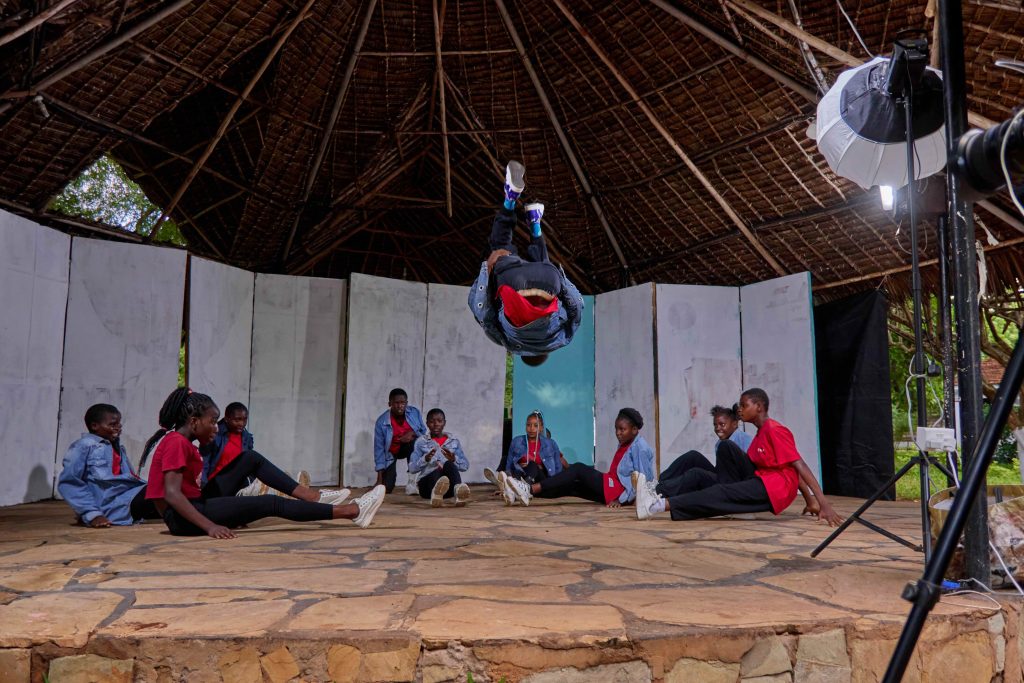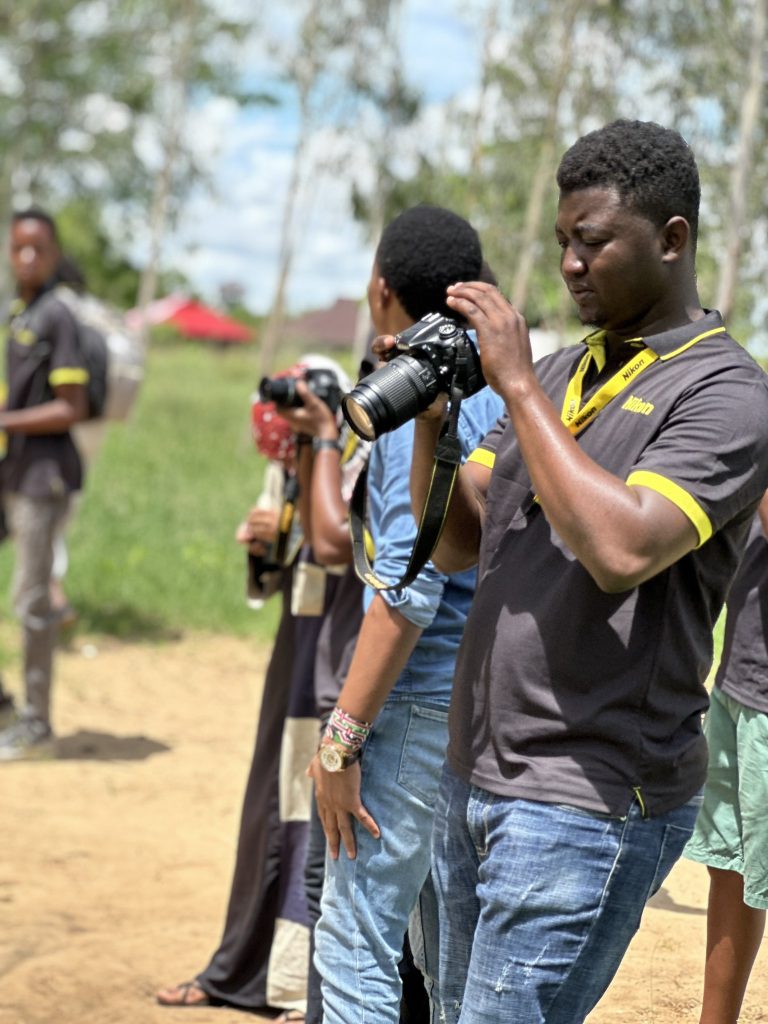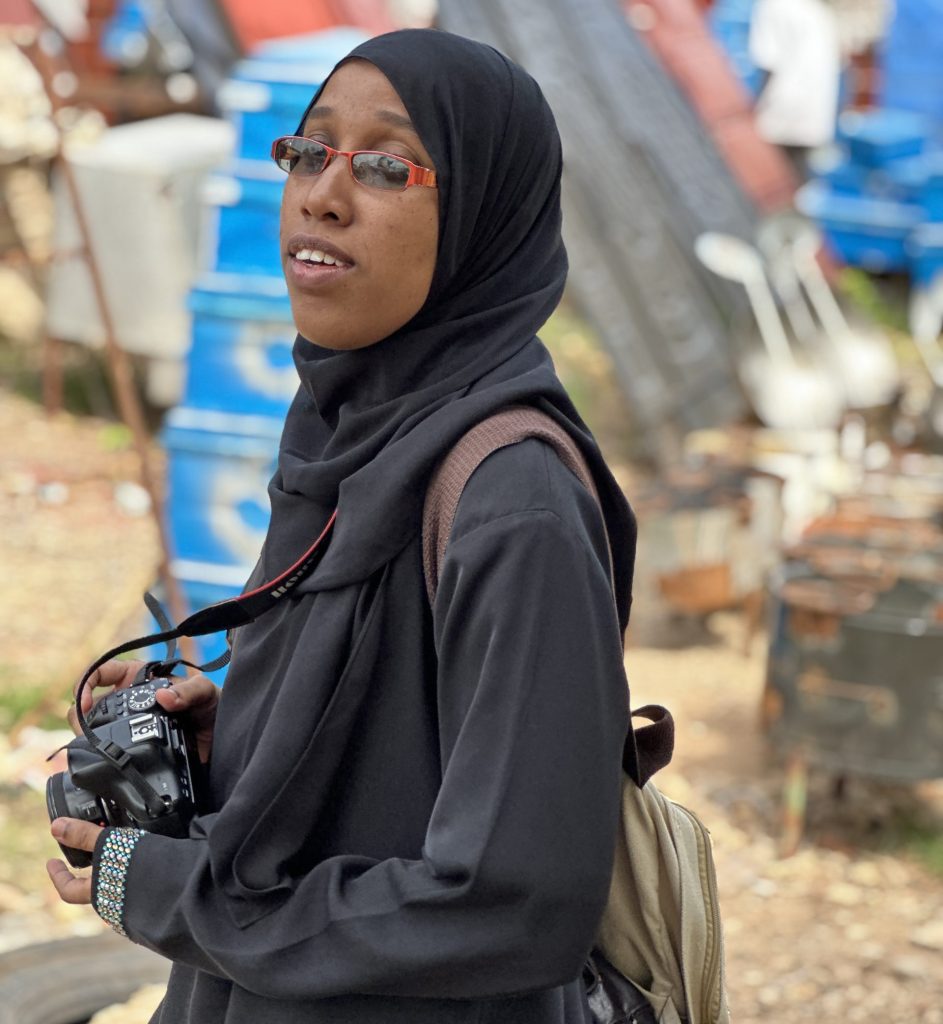Words are powerful, but words backed by actions are even more powerful. The best way to teach someone something new is to demonstrate to them how it is done, to do it with them and even better, to show them examples of people for whom it has worked. Some of the greatest people in history had mentors – Warren Buffet was mentored by Benjamin Graham (an investor and professor), the scientist Stephen Hawking was mentored by mathematician Roger Penrose, Leonardo Da Vinci was mentored by Andrea del Verrocchio (a prominent painter, sculptor, and goldsmith), and the list goes on.
This is the approach we are continuing to take with our Kibaraza program. Youth from rural places often miss to dream bigger than they ordinarily would because they are boxed in by their environment, experiences, knowledge and ideas. And for the few who dream big, these same factors demoralise them. When we are aspiring to be like a successful person, what we mostly see is the finished product. We see the big cars, nice clothes, jewellery, money, trips, lunches in expensive restaurants and so on. But we rarely see the raw material and the mess of bringing it together to put out that beautiful outcome. We don’t hear about the journey and sacrifices, and when we do it is not detailed. We don’t get to hear how they struggled, how many times they failed and when they gave up. Successful people need to start telling the right stories and loading the correct mental models for young people to follow. They need to describe not just the joy, but also pain of getting to the top.
Last weekend, we hosted Flora Limukii, one of the youngest (if not the youngest) news anchors in Kenya for a meet and chat with a group of young creatives and journalists. The idea was for her to share how she got there at such a young age, some of the challenges she has faced and how she has overcome them. Additionally, we wanted her to share what her biggest fears have been and how she got past them.
Contrary to what many thought before hearing her story, she is not from an affluent family. Like many young people she grew up in a rural town in Tigania west, Meru County, went to an ordinary school, got good grades, went to high school, got good grades and later joined the University of Nairobi. She talked about life after campus – the usual chaos of knowing you could be something but yet being nothing. She talked about the volunteering work she did and how it gave her the experience and portfolio she would need to get where she is now. “Volunteering takes a lot of sacrifice, but it is worth it,” she said, adding that, “it gave me something to show whenever I went for an interview.”
The highlight of her conversation was how she landed her current job at TV 47 (the fastest growing media house in the Country). It was a big job, for which she needed to call a big person. She was scared. “What do I tell him? What if he turns me down? What if I get the job but then I can’t do it? I was so nervous that I almost did not make the phone call.” Doubt and fear. Strong emotions that cause us to shrink and avoid making bold moves. ” I made the call anyway, and he was so receptive I could not believe it. My advise is, it is normal to be afraid. Be afraid, but do it anyway.”
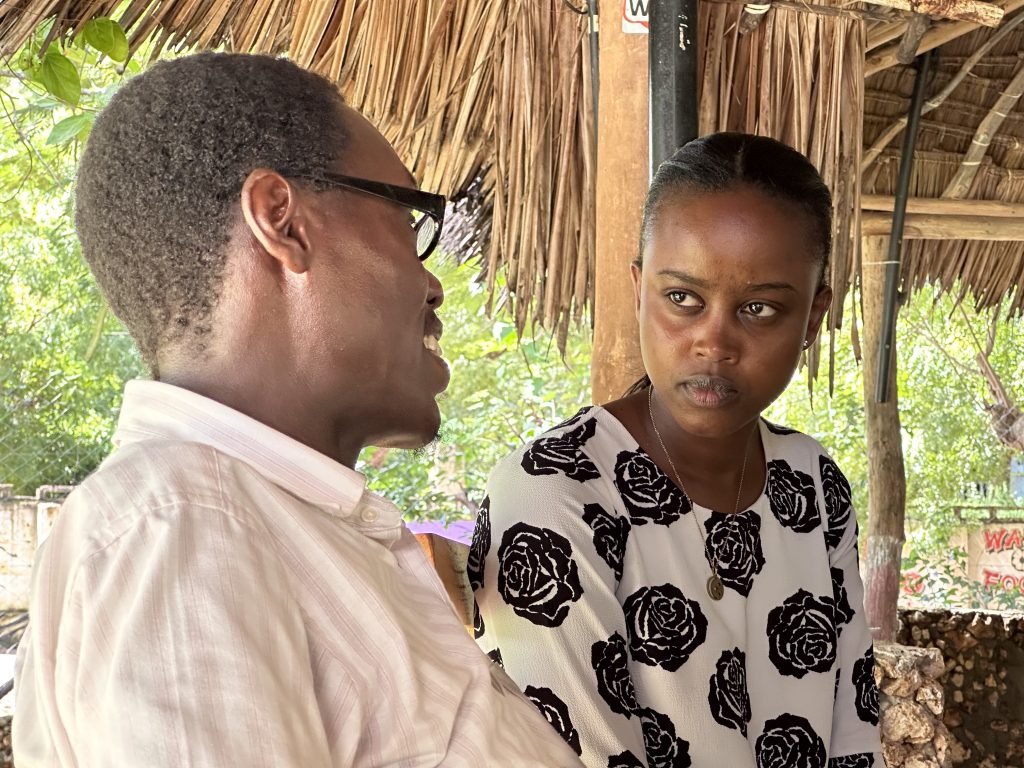
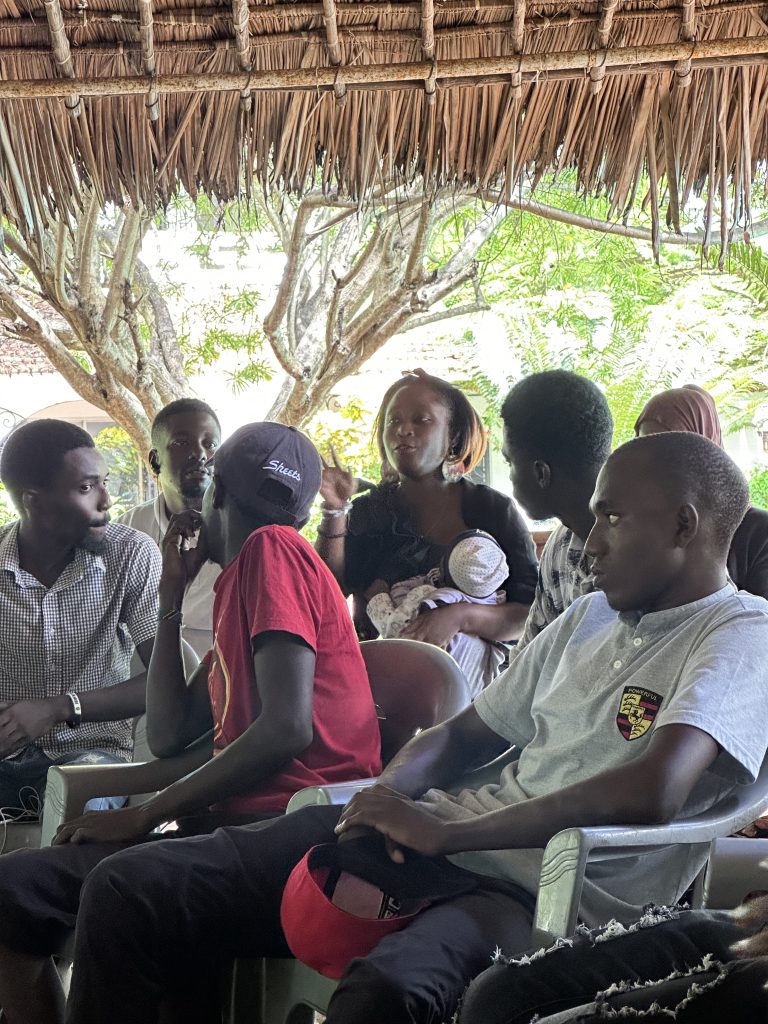
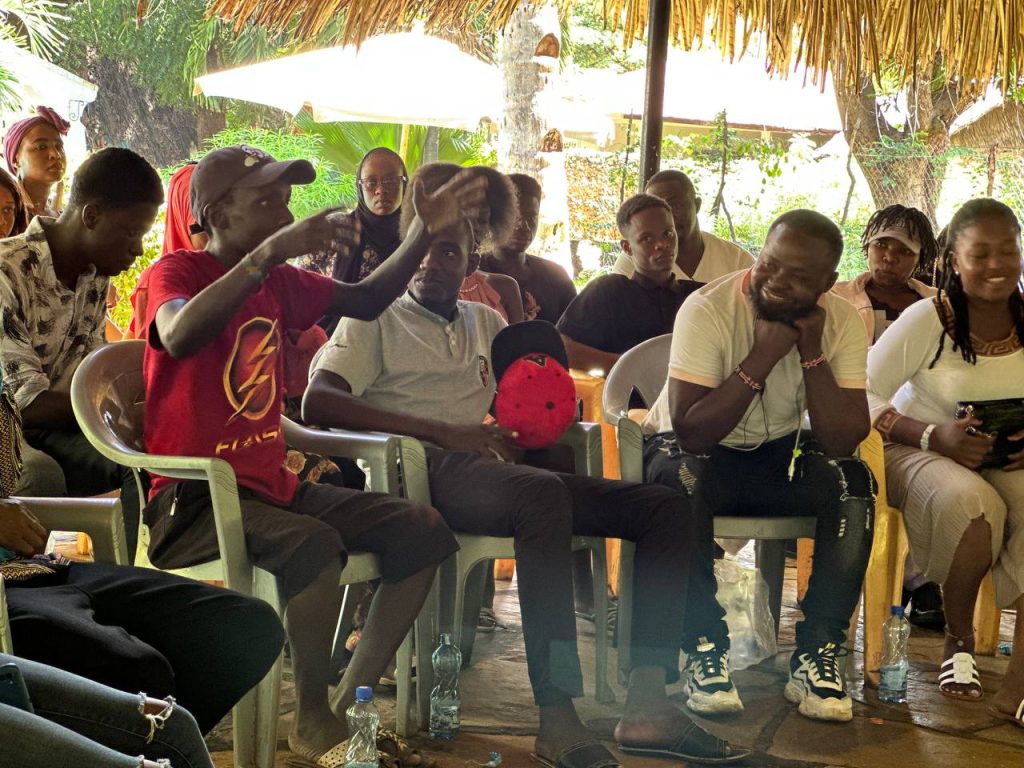
Be afraid, but go afraid.
The biggest points Flora made were these:
- One does not have to be from Nairobi to succeed. It is a misconception that people have that everything starts and stops in Nairobi. She encouraged them to realise that Nairobi is already saturated with competition and activity, and that places like Malindi have so much room to absorb everyone. The trick is to see the opportunities.
- She encouraged them to start where they are, with what they have. Volunteer at places and do such good work that you get noticed. At any one point, for as long as you are healthy and sane, there is already so much value that you can offer.
- She insisted on the need for them to develop a proactive attitude towards everything. “Keep asking, ‘what more can I do?’” she urged.
- Moreover, she advised them to be consistent at what they do, and to use social media to show the world what their value is. She said many people are ready and willing to support people who are already doing something, and how you get to be seen is through platforms like social media.
- Lastly, she talked about the value of networking through attending meetings and events such as this one. You get to meet interesting people who you can work with or even just learn from.
Just by her coming and interacting with these young people, positive reinforcements begin to form in their minds. The story comes from being abstract to being tangible – she is here, we can see her, she is talking to us. By sharing her experience, she was already inspiring something in someone to see that they too could dream big and reach out for those dreams. Even more, they get exposed to new ideas and ways of thinking that they could apply in their lives.
You don’t have to be from Nairobi to succeed. You can do it where you are if you have a positive attitude.
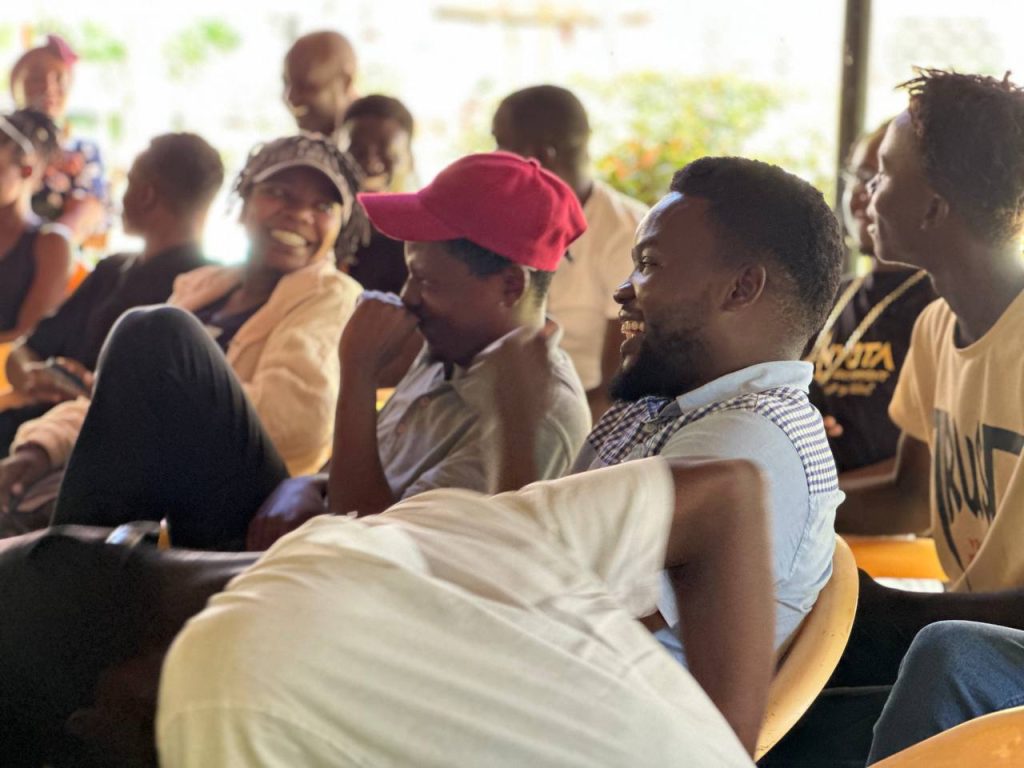
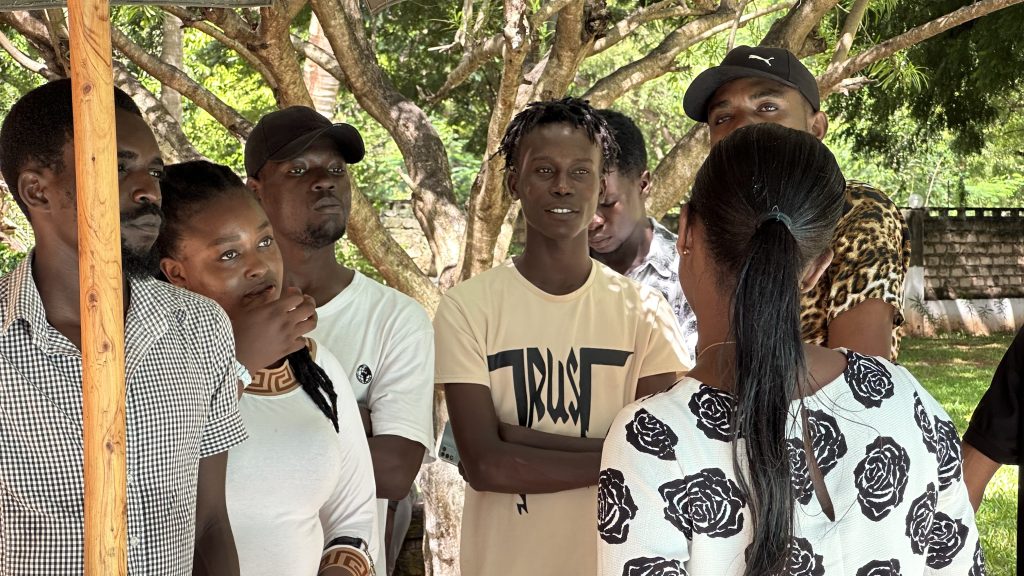
Our goal is to empower rural creatives so that they begin to be included in modern day conversations, and so that they can begin to benefit from the creative industry. One of the ways we think this can be achieved is firstly, by bringing them together to collaborate on projects, exchange ideas and build each other’s capacity. Secondly, it is important that we create new mental models for them to see the furthest extent to which they can go with their work, by exposing them to new ideas, knowledge and people who will inspire them.
We welcome you to share with us your thoughts, ideas or even just comments on this work that we are doing by hitting us up on [email protected].
